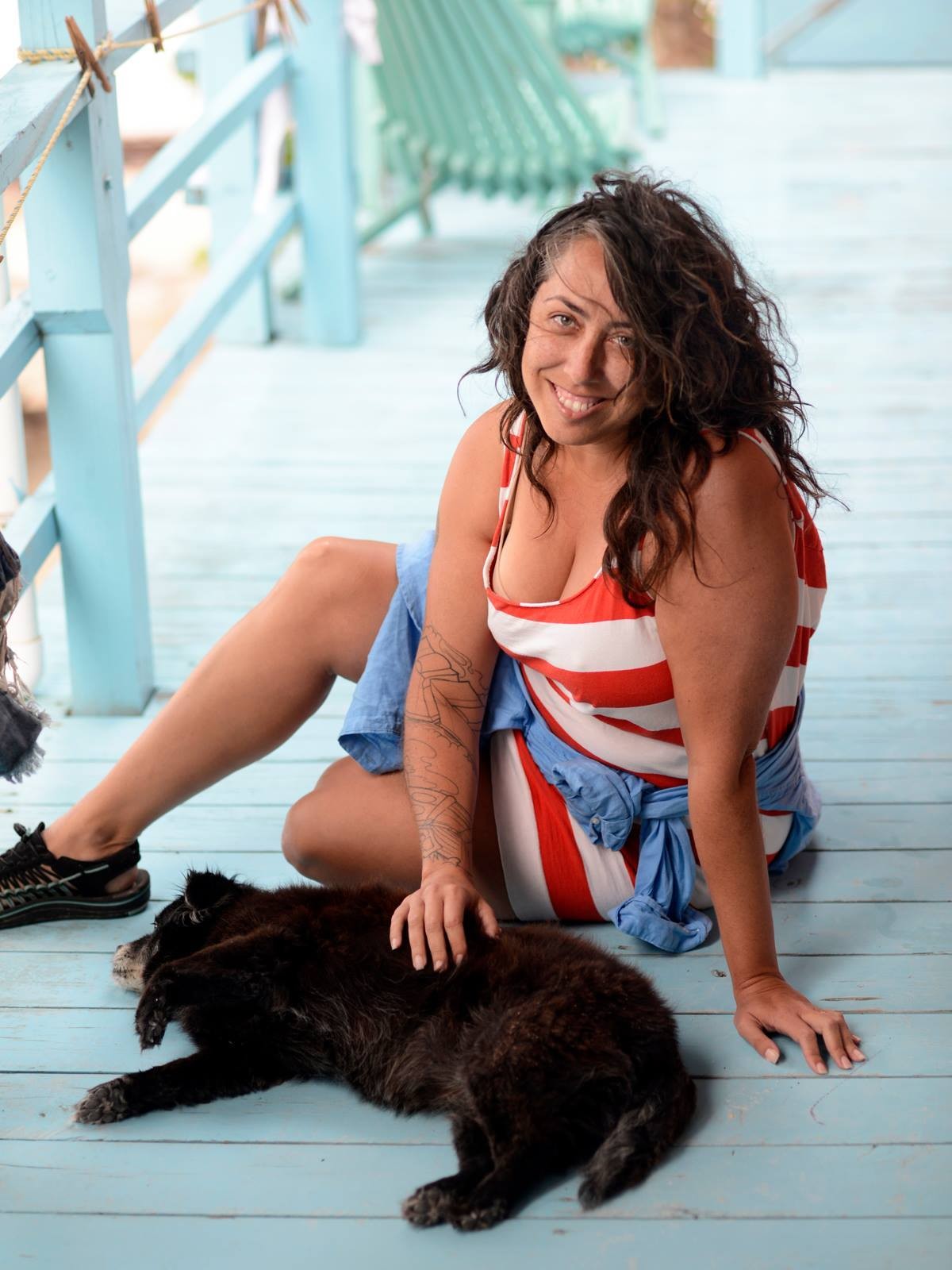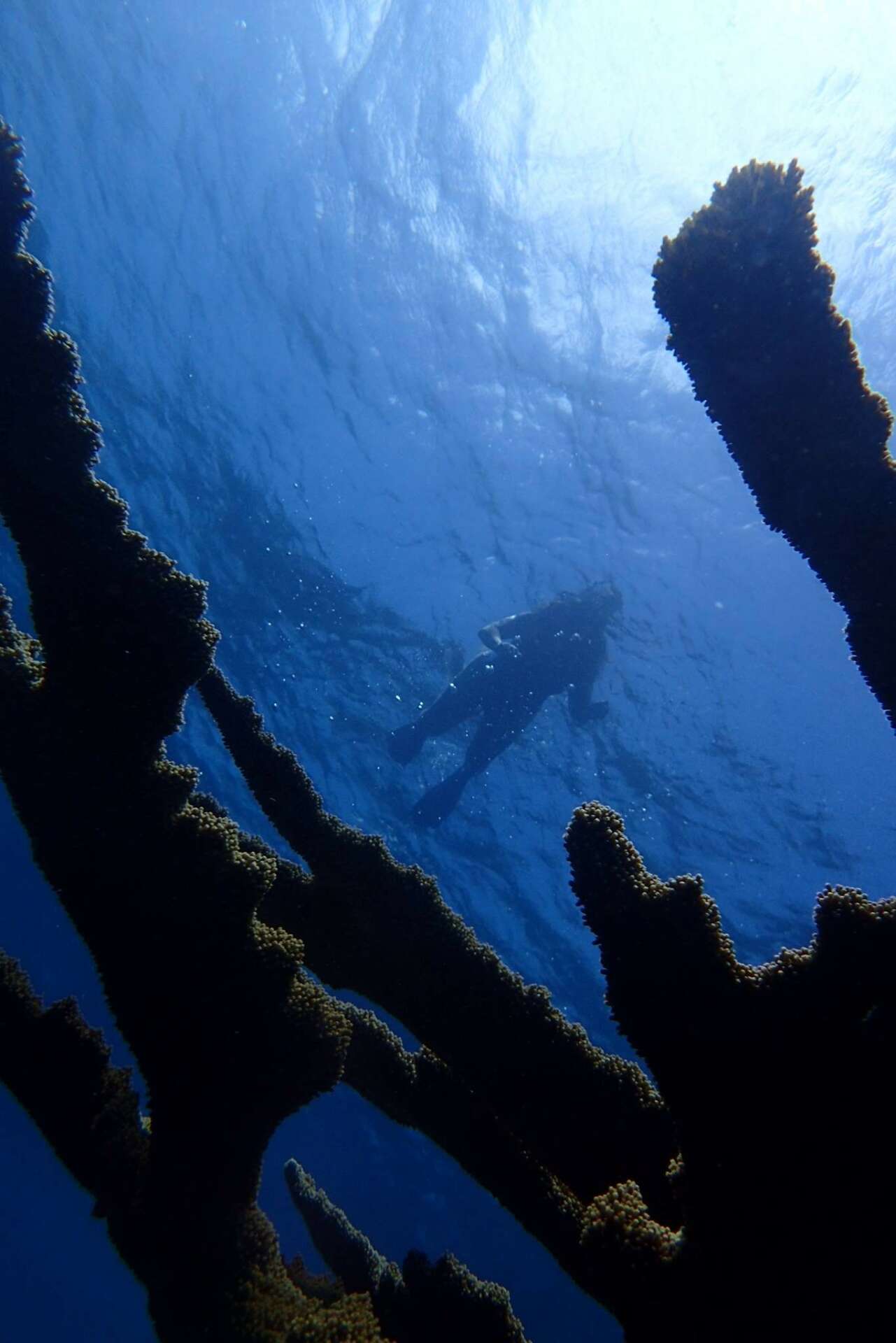Alright – so today we’ve got the honor of introducing you to Paulita Bennett-martin. We think you’ll enjoy our conversation, we’ve shared it below.
Paulita, thanks for joining us, excited to have you contributing your stories and insights. So let’s jump to your mission – what’s the backstory behind how you developed the mission that drives your brand?
I wear multiple hats in ocean conservation. The ocean is my passion and the one most common thread across my memories of happiness and fulfillment. For close to five years, I’ve worked for the biggest ocean conservation organization in the world. At Oceana our global team is dedicated to protecting and restoring the world’s oceans on a global scale. I’ve spent my time working to build up conservation communities in the US South and develop support for policies that will protect and restore the ocean. I’ve covered issues like working to ban the trade of shark fins across the United States, protecting endangers North Atlantic right whales, and protecting coastal communities from the expansion of offshore drilling. Now, I’m based in Washington DC, and I oversee Oceana’s Federal Policy work on ocean plastic pollution. Working on the plastics crisis if huge! It requires spending a lot of time working through how this issue intersects with other issues, like our climate, environmental and ocean justice, and our public health. It feels odd compartmentalizing all those intersecting issues, because they are all one. Plastic pollution impacts every facet of the life we know. This role with Oceana brings me big joy and also fiery drive to secure national policy commitments. Our team works hard to secure policies that will lead to the reduction single use plastics across our nation. In order to this, we must go after source reduction! If we make less single use plastics, we have less threats on our climate, community health and wellbeing, and oceans! Most recently the US Department of the Interior committed to phasing out the purchasing of single-use plastics across all of the Interior – which includes our beloved and sacred National Parks. I am very proud of this achievement, and we cannot let up now, there’s so much more work to do!
I have another exciting hat to share! I’ve partnered with a fellow woman conservationist in The Bahamas to create Sea of Life. We are a Caribbean-American women led organization focused on solutions for coastal community and ocean health. Our mission is to support and develop locally led ocean conservation projects and business solutions in the Caribbean. Given my partner is Bahamian-American and I am Belizean-American – our on programs will focus in these key locations. This project sprung to life during the lockdown for Covid-19. We meet every Saturday to chat about our work and also about what we saw happening to our friends and family in the Caribbean. When tourism came to a screeching halt due to necessary lock downs, so very many people were immediately impacted by loss of jobs, income, and the fear of the unknown. While Covid-19 took its toll on the world, it essentially ravaged areas of the Caribbean because of the economic codependency on tourism. We became hyper charged to figure out how we could use our conservation expertise to help. We thought, what if we could invest in local people who have good ideas to protect their ocean. What if we could take the focus of protecting and restoring square miles of ocean and shift the focus to supporting people who want to contribute to conservation through small grassroots projects and local for-profit business enterprises. Sea of Life has emerged to do just that. We want to work with communities to develop good ideas that can support livelihoods and protect and restore the ocean. This project is people centered and love powered ocean conservation in the Caribbean.
In both roles I find the most important thing is that we learn more about our connection to the ocean. We must honor the sea and all the ways it benefits our life. From the obvious memories of a holiday with family on the beach, to mangrove forests buffering our communities from storms to the delicious seafood we eat, and so much more, the ocean is a huge part of our life.


Paulita, love having you share your insights with us. Before we ask you more questions, maybe you can take a moment to introduce yourself to our readers who might have missed our earlier conversations?
My history in ocean conservation likely goes back to my early days as a young baby. My dad had moved to Belize City and met my mom. For those who have never been, Belize City is the most vibrant seaside city in the world, and it’s surrounded by beautiful Caribbean water. It captures the regular tropical trade winds, and you can see colorful little fishing boats dotting the coastal water. The very first sights I knew are reflected in that ocean all around me. Since I can recall, I have always wanted to be in the sea on the sea, or next to it.
My first career in life was not in ocean conservation, but in art. While on a tip to Miami I was swimming off of fifth street and a young North Atlantic right whale swam up to me. It was huge in comparison to me. I could barely believe what was right in front of my salt water stung eyes. I went back home after the encounter and started reading about these whales and the dire state of their species, being one of the most endangered large marine mammals in the ocean. I could not stand the idea that this specific whale whom I met could be in such danger.
I put art aside and went back to college to study the ocean. Loaded with all the inspiration and energy I needed I went to school for the next six years straight studying the ocean and international development. My education was all completed in Georgia. All of my research took place in the Caribbean. I managed field research in Belize looking at patterns of plastic pollution and then I worked on a market solution study for invasive lionfish in the Virgin Islands.
I have a long list of proud moments in my career. One of my first things I think about is relationships. I am proud of the community building I did in my field research assignments. I am proud of my publications in peer reviewed journals. And I am proud of every policy victory I am part of in the US. More than these resume items, I am proud to be a college graduate building off the support my ancestors provided me in both life and in spirit. I am proud to use my scientific training to inform all of my work.
I am proud to be the first Belizean-American to serve on Oceana’s US Policy team and I am a proud Co-founder of Sea of Life.
In all of my work people can count on equity centered scientifically based approaches to protecting and restoring oceans.
We’d love to hear about how you keep in touch with clients.
My work is all about relationships, collaboration, and partnering. I think the most important things to center in any work is balancing straight forward communication with diplomacy. You can always do both and should do both.



Any advice for managing a team?
It’s important to create an inclusive environment. Show openness to all kinds of thinkers and all types of perspectives. This will create a more robust team, with more sustainable dedication, impacts and success. Ensure equity is central in all you do, both internally as a business and externally with your partners. Listen to Latina and Black women, we offer a lot of fresh perspective in workplaces. In fact, listen to women at large! Make sure you keep transparency in all workplace policies, when policies are opaque you may be encountering oppression. Don’t let that slip! And center that equity for all.
Contact Info:
- Website: https://oceana.org/
- Instagram: https://www.instagram.com/seaoflifeorg/
- Linkedin: https://www.linkedin.com/in/paulitabennettmartin/
- Other: I have a new website for my new org too! SeaOfLife.org
Image Credits
Head shot and image with doggy by Andre Gabb. Underwater images by Ras Kiva. Photo with community event – Susan Knippenberg. Photo in front of US Capitol – by Alex Gordon.


